Ronald Rousseau
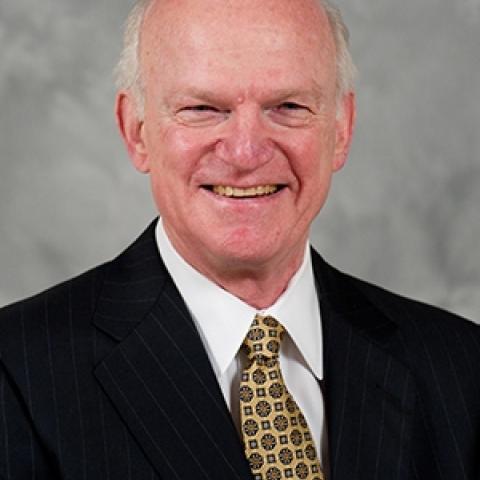

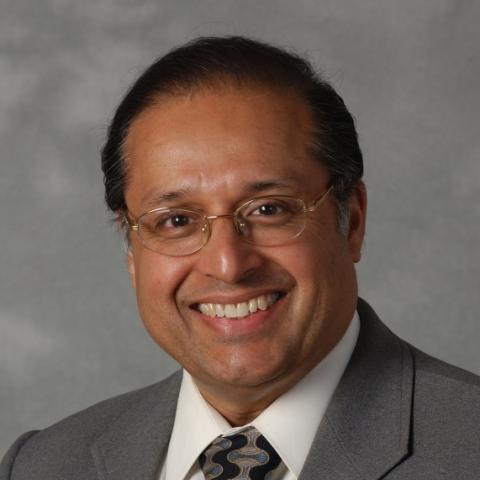
Ajeet Rohatgi received the B.S. (E.E.) degree from Indian Institute of Technology in 1971, the M.S. (Materials Engineering) from Virginia Polytechnic Institute and State University in 1973, and the Ph.D. in Metallurgy and Materials Science from Lehigh University in 1977. He joined the Westinghouse Research and Development Center in Pittsburgh, Pennsylvania in 1977 and became a Westinghouse Fellow while working on the science and technology of photovoltaic and microelectronic devices. Rohatgi joined the ECE faculty at Georgia Tech in 1985 and started a program on photovoltaics, which has become one of the best in the country. He has become an internationally recognized leader in photovoltaics. He is the founding director of the first university-based DOE Center of Excellence in Photovoltaic Research and Education. He is the author of more than 300 publications and holds 10 U.S. patents. Rohatgi has received numerous awards and distinctions from professional societies and Georgia Tech. He is the founder and CTO for Suniva.
silicon devices; solar cells; dielectrics; Compund Semiconductors; solar energy
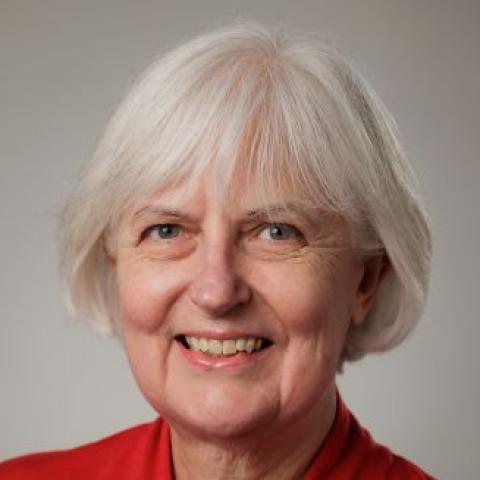
Elsa Reichmanis is Anderson Chair in Chemical Engineering in the Department of Chemical and Biomolecular Engineering at Lehigh University. Prior to joining Lehigh, she was Professor and Pete Silas Chair in Chemical Engineering in the School of Chemical and Biomolecular Engineering at the Georgia Institute of Technology. She started her independent career at Bell Labs where she was Bell Labs Fellow and Director of the Materials Research Department. She received her PhD and BS degrees in chemistry from Syracuse University. Her research interests include the chemistry, properties, and application of materials technologies for photonic and electronic applications. She has had impact in the design of new imaging chemistries for advanced lithographic applications, and designed one of the first readily accessible and manufacturable polymers for advanced silicon device manufacturing using 193 nm lithography.
The Reichmanis research group is currently exploring polymeric and hybrid organic/inorganic materials chemistries for a range of device and electronic and sustainable energy applications. Her research, at the interface of chemical engineering, chemistry, materials science, optics, and electronics, spans from fundamental concept to technology development and implementation, with particular focus on polymeric and nanostructured materials for advanced technologies. Currently, efforts aim to identify fundamental parameters that will enable sub-nanometer scale dimensional control of organic, polymer and/or hybrid materials for applications including transistor devices, photovoltaics, and high-capacity energy storage.
Reichmanis was elected to the National Academy of Engineering in 1995 and has participated in several National Research Council (NRC) activities. She was an elected member of the Bureau of the International Union for Pure and Applied Chemistry (IUPAC); and has been active in the American Chemical Society throughout her career, having served as 2003 President of the Society. Elsa Reichmanis is the recipient of several awards, including the ACS Award in the Chemistry of Materials (2018), the ACS Award in Applied Polymer Science (1999), the ASM Engineering Materials Achievement Award (1996), and the Society of Chemical Industry’s Perkin Medal (2001). In other service, she is an Executive Editor of the ACS Journal Chemistry of Materials.
The Reichmanis Group works at the interface of chemical engineering, chemistry, materials science, optics, and electronics spanning the range from fundamental concept to technology development and implementation. Research interests include the chemistry, properties and applications of materials technologies for electronic and photonic applications, with particular focus on polymeric and nanostructured materials for advanced technologies. in paper-based battery applications as well.
Energy Storage; Solar; Biochemicals; Chemical Feedstocks; New Materials; Coatings & Barriers; Biorefining; Energy & Water; Biomaterials

Dr. Realff’s broad research interests are in the areas of process design, simulation, and scheduling. His current research is focused on the design and operation of processes that minimize waste production by recovery of useful products from waste streams, and the design of processes based on biomass inputs. In particular, he is interested in carbon capture processes both from flue gas and dilute capture from air as well as the analysis and design of processes that use biomass.
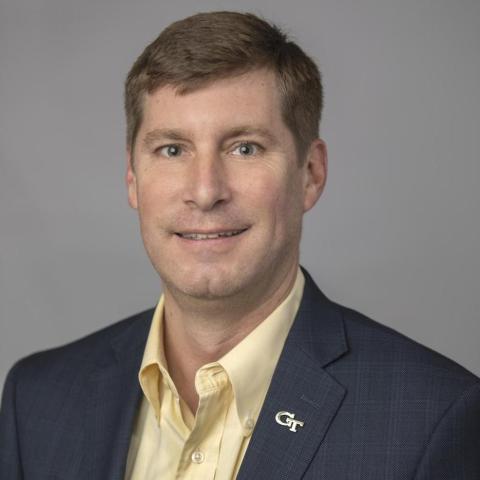
W. Jud Ready is the executive director of the Space Research Institute. Prior to this role, he served as associate director of external engagement for the Georgia Tech Institute for Matter and Systems and director of the Georgia Tech Center for Space Technology and Research. He has also been an adjunct professor in the School of Materials Science and Engineering at Georgia Tech and a principal research engineer on the research faculty of Georgia Tech Research Institute (GTRI) for over a dozen years. Prior to joining the Georgia Tech faculty, he worked for a major military contractor (General Dynamics) as well as in small business (MicroCoating Technologies). He has served as PI or co-PI for grants totaling ~$17M awarded by the Army, Navy, Air Force, DARPA, NASA, NSF, NIST, industry, charitable foundations and the States of Georgia and Florida. His current research focuses primarily on energy, aerospace, nanomaterial applications, and electronics reliability.
Materials Failure and Reliability; Carbon Nanotubes; Integrated photonics; Photovoltaics; Solar
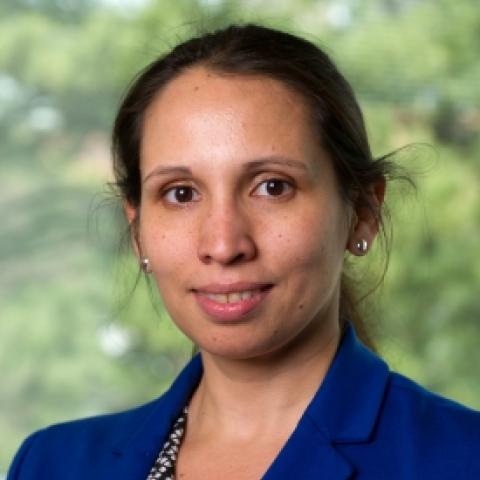
Peralta-Yahya has been part of Georgia Tech since 2012. Her diverse research group composed of chemists, biologists, and chemical engineers works in the area of engineering biology, drawing from principles of biochemistry and engineering to build systems for chemical detection and production. Specifically, her group focuses on the development of G protein-coupled receptors for biotechnology and biomedical applications, and the engineering of biological systems for the production of fuels and functionalized plant natural products. Early on, her work was recognized with several awards including a DARPA Young Faculty Award, a DuPont Young Professor Award, a Kavli Fellowship by the US Academy of Science, and an NIH MIRA award. Her group’s key accomplishments are 1) the standardization of GPCR-based sensors in yeast to reduce the cost and accelerate the pace of drug discovery for these receptors, which are the target of over 30% of FDA approved drugs, and 2) the development of advanced biofuels, including pinene, which, when dimerized, has sufficient energy content to power rockets and missiles. Today, her group is funded to work on these and other cutting edge areas – including how to power a rocket returning from Mars and how to make synthetic cells learn without evolution – by the National Institutes of Health, the National Science Foundation, the Department of Energy, and NASA.
Bio-Inspired Materials; Biofuels; Cell biophysics; Cellular Materials; Biochemistry; Biomanufacturing; Energy; Biomaterials
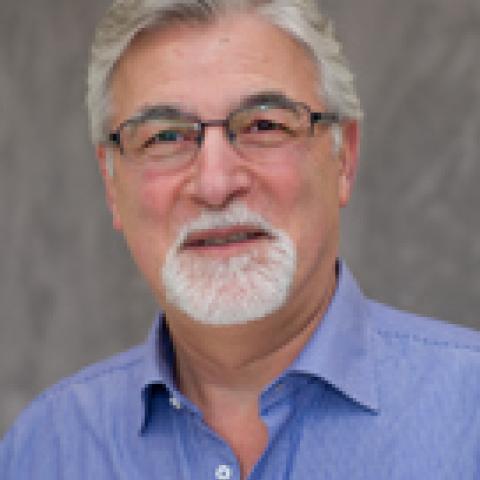
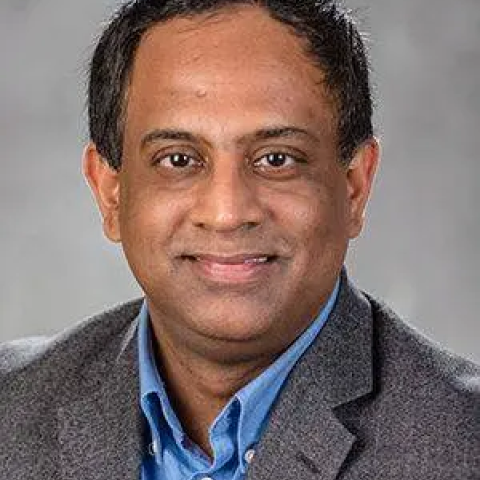
Nanomaterials; Biofuels; Carbon Capture; Catalysis; Separations Technology; Chemical Recovery; Energy & Water


Dr. Akanksha Menon is an Assistant Professor in the Woodruff School of Mechanical Engineering at Georgia Tech. Prior to this, she was a Rosenfeld Postdoctoral Fellow at Lawrence Berkeley National Laboratory, where she performed research on hybrid membrane-thermal desalination processes using solar energy, and she also contributed to the development of thermal energy storage materials. Dr. Menon completed her Ph.D. at Georgia Tech, where she focused on developing semiconducting polymers and new device architectures for thermoelectric energy harvesting. She holds a bachelor's degree from Texas A&M University at Qatar, as well as a master’s degree in Mechanical Engineering from Georgia Tech.
Her research group at Georgia Tech is working on technologies for the water-energy nexus.